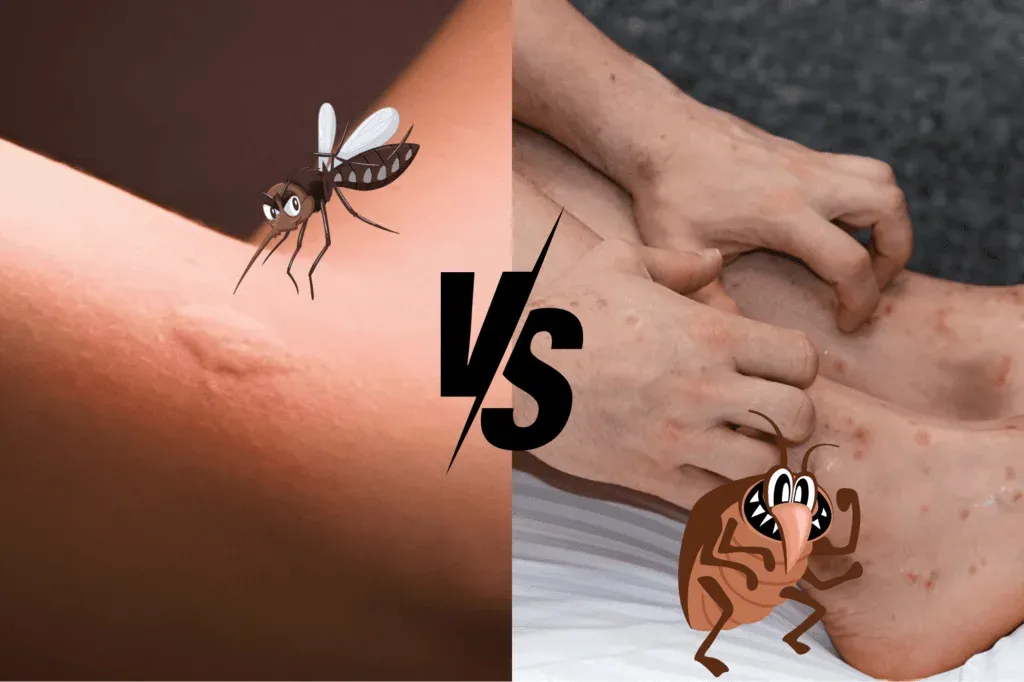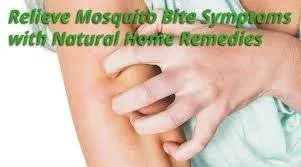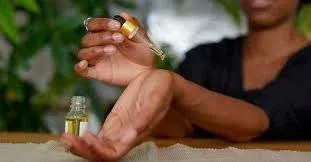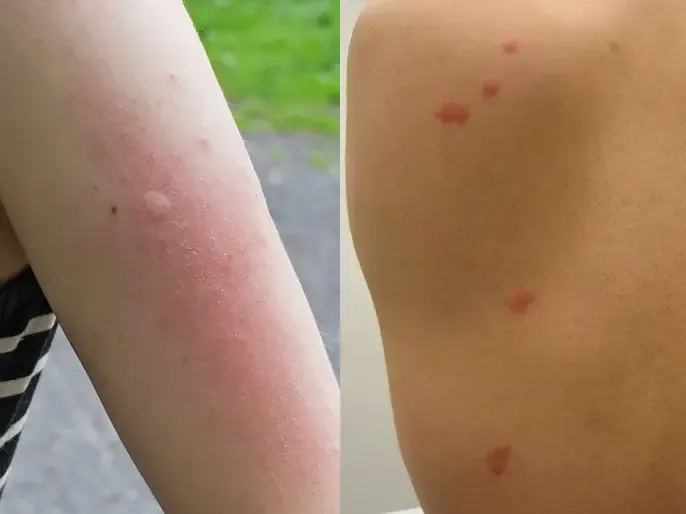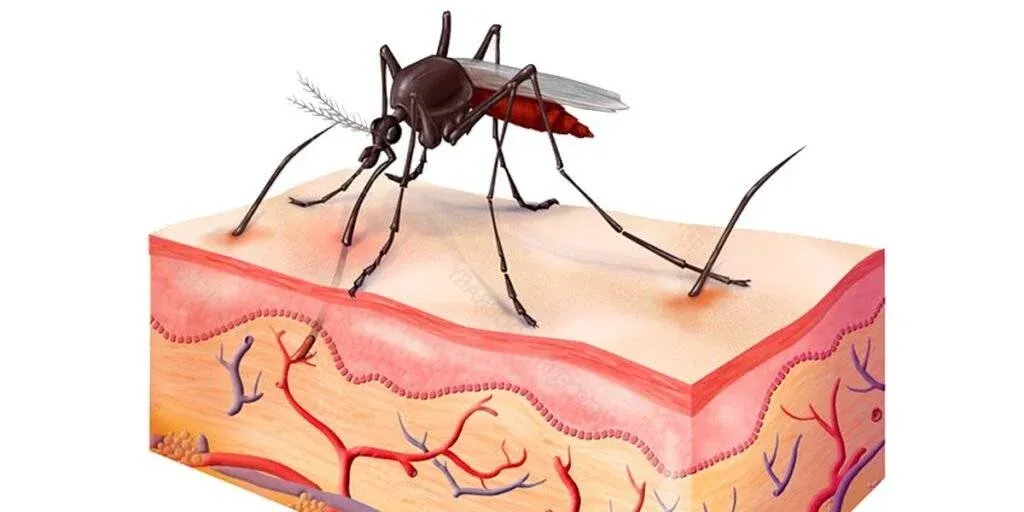Mosquito bites are a part of life, especially during warmer months. While most bites are harmless and heal within a few days, some can become infected if not cared for properly. Recognizing mosquito bite infection symptoms in adults early can prevent serious skin complications and even systemic infections.
In this detailed guide, we’ll explore how to identify infected bites, what causes them, and how to treat and prevent them safely at home.
Why Mosquito Bites Sometimes Get Infected
Normally, a mosquito bite leads to mild itching and a small red bump. However, when the skin is scratched repeatedly, it can break open and allow bacteria—usually Staphylococcus aureus or Streptococcus—to enter. This triggers an infection that worsens the inflammation.
Adults may also have a higher risk of infection if they have weakened immune systems, diabetes, or allergies. That’s why understanding mosquito bite infection symptoms in adults is essential for prompt and effective care.
Early Signs of Mosquito Bite Infection
When a mosquito bite becomes infected, the first signs often appear within 24 to 48 hours. The area may feel increasingly warm or painful, and redness can spread beyond the bite mark.
Here are the most common mosquito bite infection symptoms in adults to look out for:
Redness That Spreads – Normal mosquito bite redness stays small and fades over time. In an infection, redness expands outward and intensifies.
Swelling and Firmness – The bite area becomes hard, puffy, and sometimes hot to the touch.
Pain or Tenderness – Discomfort grows, and it may hurt to touch or move the surrounding area.
Pus or Yellow Discharge – A clear sign of bacterial infection; avoid squeezing it, as that can worsen inflammation.
Warm Skin – The skin around the bite feels noticeably warmer than the rest of your body.
If you notice two or more of these mosquito bite infection symptoms in adults, it’s best to start treatment right away to prevent the infection from spreading.
Advanced Symptoms That Need Medical Attention
In rare cases, an untreated infection can spread deeper into the skin or bloodstream, leading to serious conditions like cellulitis or sepsis. Watch for these warning signs:
Fever or chills
Fatigue or weakness
Red streaks spreading from the bite
Swollen lymph nodes
Joint pain or muscle aches
If any of these occur, see a doctor immediately. These severe mosquito bite infection symptoms in adults may indicate the infection has spread beyond the skin.
What an Infected Mosquito Bite Looks Like
An infected mosquito bite often appears larger, redder, and more inflamed than a normal one. The center may ooze fluid, form a crust, or even blister. The skin around it might peel or become flaky as the infection progresses.
Unlike a regular bite that improves within days, an infected one gets worse over time. Keeping a close eye on changes helps identify mosquito bite infection symptoms in adults before they become severe.
How to Treat Mosquito Bite Infections at Home
If the infection is mild, several home remedies and first-aid treatments can help control symptoms and promote healing.
Clean the Area Gently
Wash the bite with mild soap and warm water twice daily. Avoid harsh scrubbing—it can spread bacteria deeper into the skin.Apply an Antiseptic
Use an over-the-counter antiseptic cream or solution such as hydrogen peroxide or iodine. This step kills surface bacteria and stops the infection from worsening.Use Cold Compresses
Apply a clean cold pack or ice wrapped in a cloth for 10 minutes to reduce swelling and pain.Topical Antibiotic Creams
Apply creams containing bacitracin or neomycin as directed. These are effective in treating early mosquito bite infection symptoms in adults.Avoid Scratching or Popping the Bite
Scratching spreads bacteria and delays healing. If the itch is unbearable, apply calamine lotion or an anti-itch gel.Stay Hydrated and Rested
Good hydration helps your body fight infection naturally. Get plenty of rest to support immune recovery.
When to See a Doctor
If you’ve tried home remedies but the bite continues to worsen after 2–3 days, it’s time to consult a healthcare provider. A doctor may prescribe oral antibiotics or stronger topical medications.
You should also seek medical help if:
The infection is near the eyes or mouth.
You have diabetes or poor circulation.
You experience a spreading rash, fever, or chills.
Timely treatment prevents the development of serious mosquito bite infection symptoms in adults that could require hospitalization.
Possible Complications of Untreated Infections
Ignoring the signs of an infected bite can lead to skin and systemic complications such as:
Cellulitis: A deep skin infection that causes redness, pain, and swelling.
Abscess: A pus-filled lump that may require drainage.
Blood Infection (Sepsis): If bacteria enter the bloodstream, it can become life-threatening.
These serious mosquito bite infection symptoms in adults highlight why prompt action is crucial.
Preventing Mosquito Bite Infections
Prevention is always the best approach. You can easily avoid infections with a few healthy habits:
Don’t Scratch the Bite – It’s the number one cause of infections.
Use Anti Itch Remedies Early – Calamine lotion, aloe vera, or cold compresses can prevent irritation from worsening.
Keep Skin Clean – Regular washing and moisturizing help your skin recover faster.
Apply Insect Repellent – Use repellents with DEET or picaridin when outdoors.
Wear Protective Clothing – Cover arms and legs, especially during dusk and dawn.
Following these preventive measures reduces your risk of developing mosquito bite infection symptoms in adults and keeps your skin healthy.
Home Remedies That Help with Healing
If you prefer natural treatments, try these soothing options to calm irritation and promote faster recovery:
Honey: Its antibacterial properties can fight infection naturally.
Tea Tree Oil: Apply diluted oil for anti-inflammatory benefits.
Aloe Vera Gel: Reduces redness and supports skin regeneration.
Coconut Oil: Keeps the skin hydrated and prevents further irritation.
These gentle remedies not only treat mild infections but also prevent mosquito bite infection symptoms in adults from progressing.
Final Thoughts: Take Mosquito Bite Infections Seriously
Most mosquito bites are harmless, but infections can happen if the skin is broken or hygiene is ignored. Recognizing mosquito bite infection symptoms in adults—such as spreading redness, pus, or fever helps you take the right steps early.
Treat the area gently, use antiseptics, and never ignore severe signs. When handled promptly, infections heal quickly and safely without leaving scars or complications.
By caring for your skin and preventing mosquito bites in the first place, you can enjoy outdoor life without worrying about infections.

